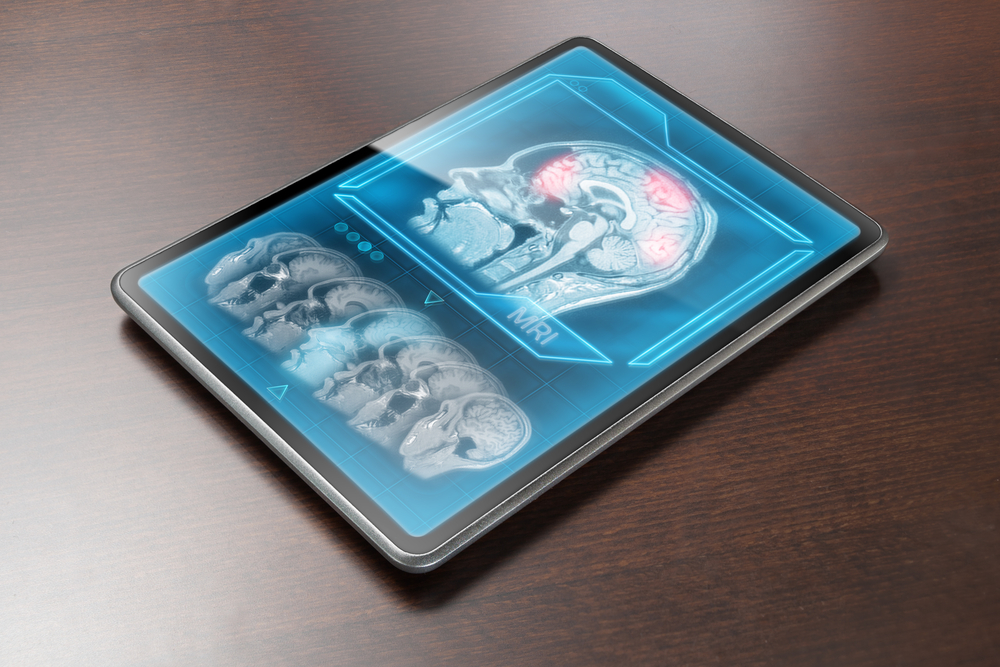Short-Term Memory Aided by Single Dose of Methylene Blue in Early Study

A single oral dose of methylene blue is able to increase the response of brain regions that control attention and short-term memory, according to University of Texas Health Science Center researchers. Methylene blue has proven useful as a surgical stain to guide procedures and in the treatment of methemoglobinemia, a blood disorder in which hemoglobin in red blood cells does not effectively release oxygen to the tissues.
This study suggests that methylene blue may be also used to enhance memory formation in patients with cognitive impairments, such as those with Alzheimer’s disease. The study, “Multimodal Randomized Functional MR Imaging of the Effects of Methylene Blue in the Human Brain,” was published in the journal Radiology.
The effects of methylene blue on long-term memory were demonstrated in animal models more than 30 years ago. The treatment was shown to improve spatial memory retention, the type of memory responsible for recording information about the environment and spacial localization — required to navigate around a familiar city, for example — in healthy and Alzheimer’s mice models.
“Although the memory-enhancing effects of methylene blue were shown in rodents in the 1970s, the underlying neuronal changes in the brain responsible for memory improvement and the effects of methylene blue on short-term memory and sustained-attention tasks have not been investigated,” Timothy Q. Duong, PhD, from the UT Health Science Center at San Antonio, said in a press release. “Our team decided to conduct the first multi-modal MRI study of methylene blue in humans.”
Researchers conducted a randomized, double-blind, placebo-controlled clinical trial approved by the local ethical committee. The study enrolled 26 healthy participants whose short-term memory and sustained attention were examined while executing specific tasks following an oral dose of methylene blue.
Specifically, participants were examined using functional magnetic resonance imaging (fMRIA) before and one hour after taking low-dose methylene blue or placebo, to record cerebrovascular reactivity during the tasks.
Results revealed that methylene blue increased response in the bilateral insular cortex, a region of the brain involved in the formation of new memories. Short-term memory tasks were also improved upon methylene blue administration, with a 7 percent increase in correct responses compared to the placebo group. This was likely occurring due to increased activity in the brain’s prefrontal cortex, involved in processing memories; the parietal lobe, involved in sensory information processing; and the occipital cortex, the brain’s visual processing center.
The study supports the hypothesis that methylene blue is able to modulate the activity of certain brain areas involved in working memory and sustained attention, enhancing memory performance.
“This work certainly provides a foundation for future trials of methylene blue in healthy aging, cognitive impairment, dementia and other conditions that might benefit from drug-induced memory enhancement,” Dr. Duong said.






